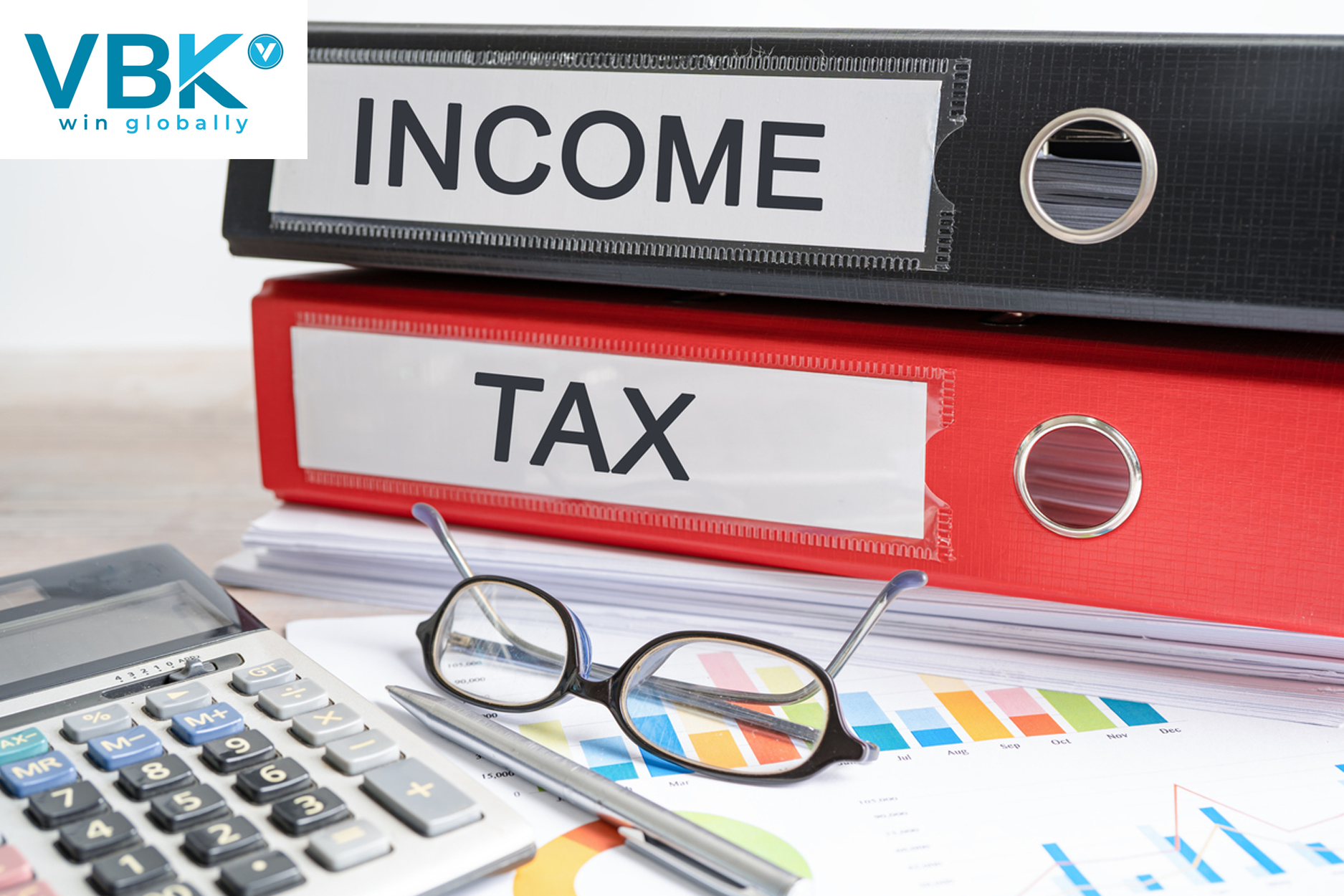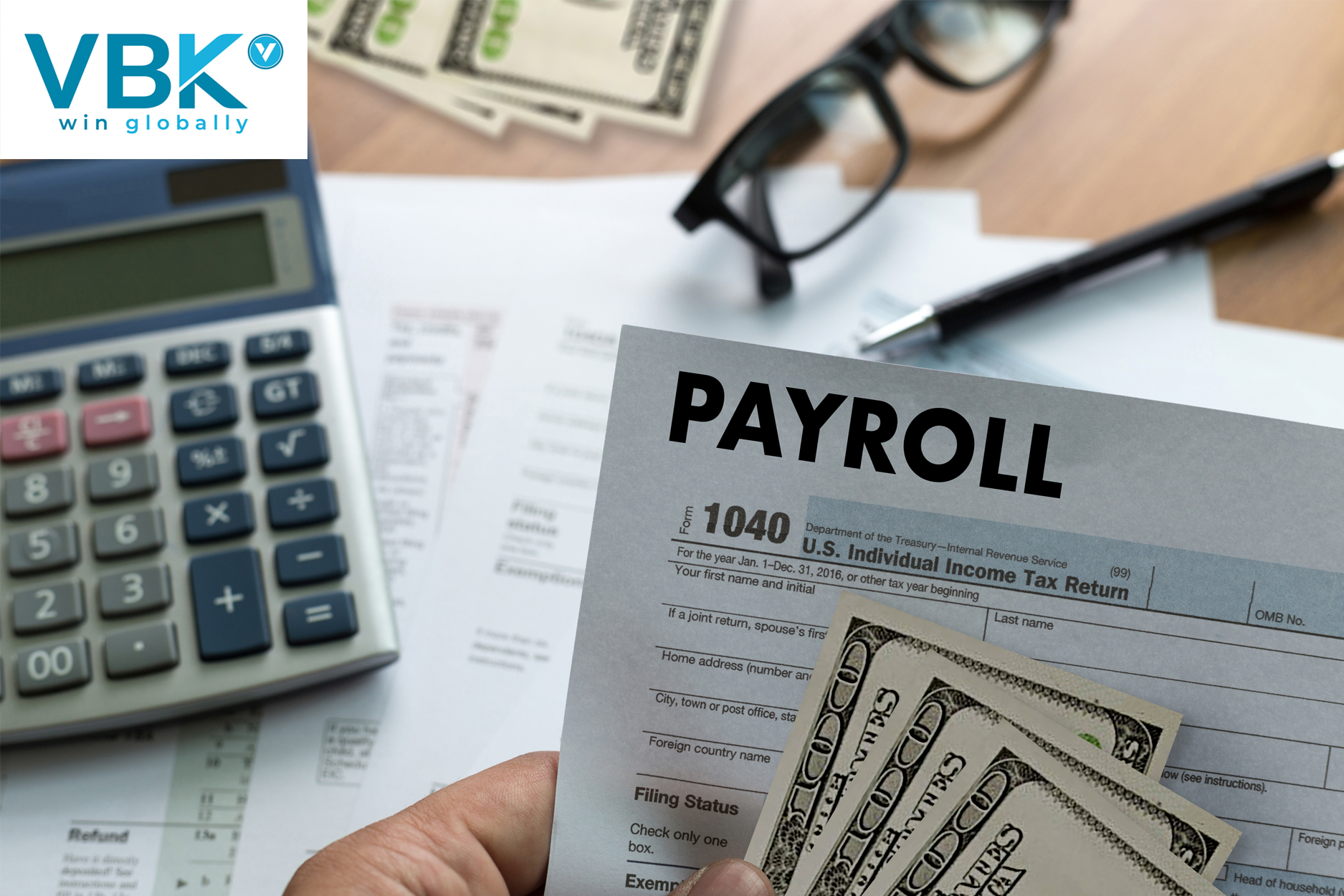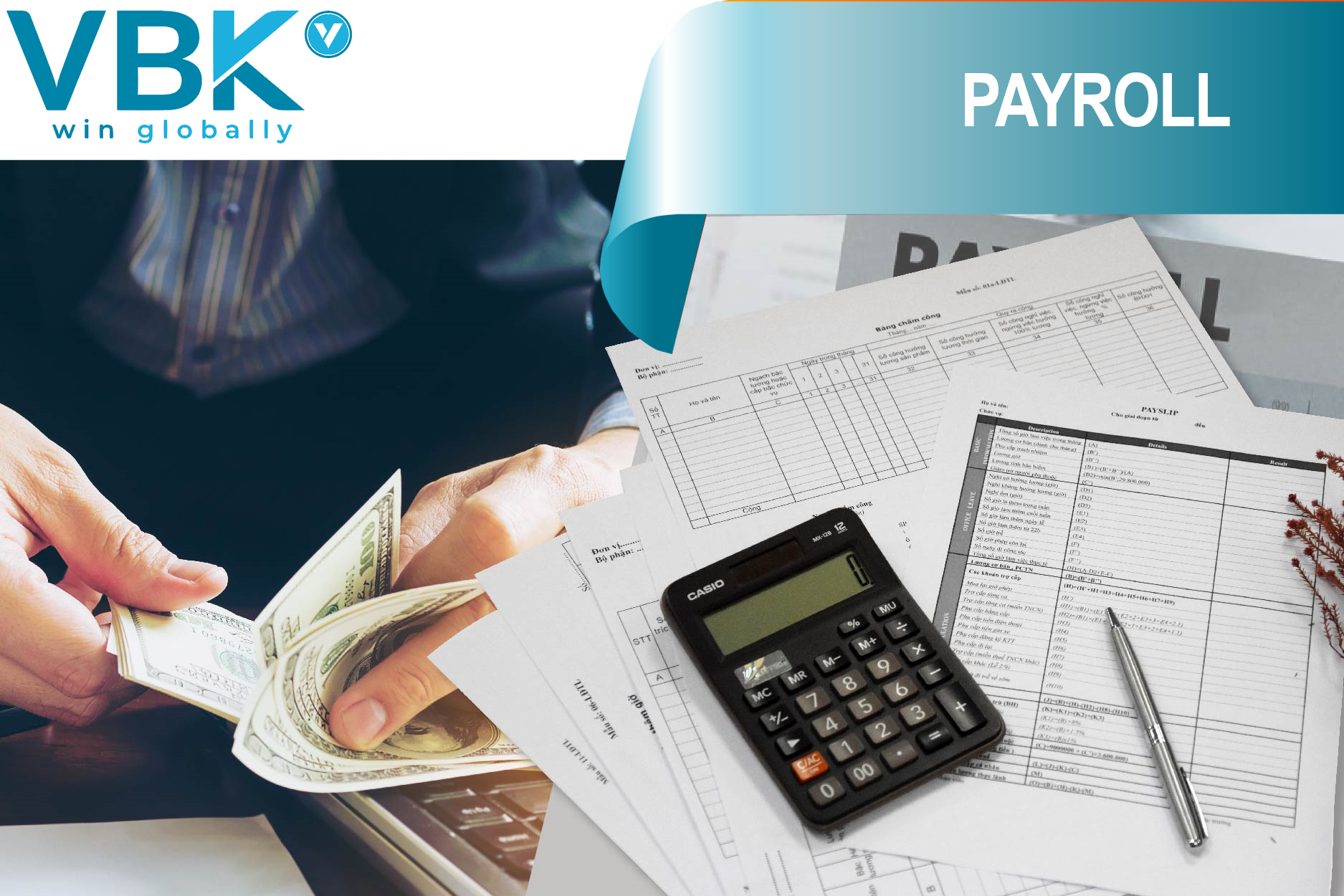Decree No. 70/2025/NĐ-CP dated March 20, 2025, of the Government amending and supplementing a number of articles of Decree No. 123/2020/NĐ-CP on invoices and documents
On March 20, 2025, the Government promulgated Decree No. 70/2025/NĐ-CP (hereinafter referred to as “Decree 70”) to amend and supplement several articles of Decree No. 123/2020/NĐ-CP (hereinafter referred to as “Decree 123”) dated October 19, 2020, regarding regulations on invoices and documents. Decree 70 shall take effect from June 1, 2025.
Notable amendments and supplements include the following:
(1) Expansion of activities subject to value-added tax invoices: Inclusion of e-commerce activities, digital-based business operations, and other services provided by foreign suppliers without a permanent establishment in Vietnam.
(2) Reintroduction of “electronic commercial invoices for export activities”: This applies to organizations, enterprises, and individuals (exporters) engaging in the export of goods and services abroad. If the exporter is unable to transmit electronic commercial invoice data to the tax authority, they may opt to issue either electronic VAT invoices or electronic sales invoices. (Decree 123 previously did not regulate electronic commercial invoices.)
When dispatching goods to border gates or export processing locations, entities shall use either the “internal transportation cum delivery note” or an electronic invoice as documentation for goods circulation. (Decree 123 only mentioned electronic delivery notes.)
For the export of goods (including processing for export), the issuance date of electronic commercial invoices, electronic VAT invoices, or electronic sales invoices is determined by the seller, but must not be later than the following working day after the goods have cleared customs as per customs regulations.
Export processing enterprises may issue sales invoices for non-processing activities if they declare VAT under the direct method or VAT invoices if they declare VAT under the credit method.
(3) Addition of regulations on issuing consolidated invoices for promotional, donated, or gifted goods/services: Such invoices must include a list of the promotional or gifted items. (Not regulated under Decree 123.)
(4) Specification of the timeline for digital signatures on electronic invoices: The digital signature must be applied no later than one working day from the invoice issuance date. Sellers shall declare invoices based on the invoice issuance date. Buyers shall declare invoices based on the invoice receipt date.
(5) Amendment of Article 19’s title in Decree 123: Changed from “Handling erroneous invoices” to “Replacement and adjustment of electronic invoices.” Relevant changes include:
(*) Provisions on adjustment and replacement of erroneous invoices:
- Sellers may issue a single adjustment or replacement invoice for multiple erroneous electronic invoices issued within the same month, provided a detailed appendix is attached if the errors involve the same buyer within the month.
- Prior to adjusting or replacing the invoice, the seller and buyer must agree in writing on the erroneous content; if the buyer is an individual, the seller must notify the buyer directly or via the seller’s website (if available).
(**) Cases where adjustment invoices may be issued (no guidance on replacement invoices):
- Adjustment due to value or quantity changes: If the original invoice was correct but adjustments arise following conclusions from competent authorities, the seller issues a new invoice reflecting the actual differences.
- Commercial discounts: Discounts based on quantities or sales volumes are reflected in the final or subsequent invoice or may be recorded via an adjustment invoice with a detailed appendix.
- Returned goods/services:
In full or partial returns, the seller issues an adjustment invoice unless otherwise agreed (e.g., the buyer issues the return invoice).
If the returned goods are registered assets, the buyer must issue the return invoice.
(***) Tax declaration for adjustment/replacement invoices:
- For erroneous invoices: both seller and buyer must make supplementary declarations in the tax period when the erroneous invoice was issued.
- For non-error cases (value/quantity changes after finalization, discounts, returns, etc.):
the seller declares in the period when the adjustment invoice is issued, and the buyer declares in the period the adjustment invoice is received.
In addition, Decree 70 also revises other related contents.












